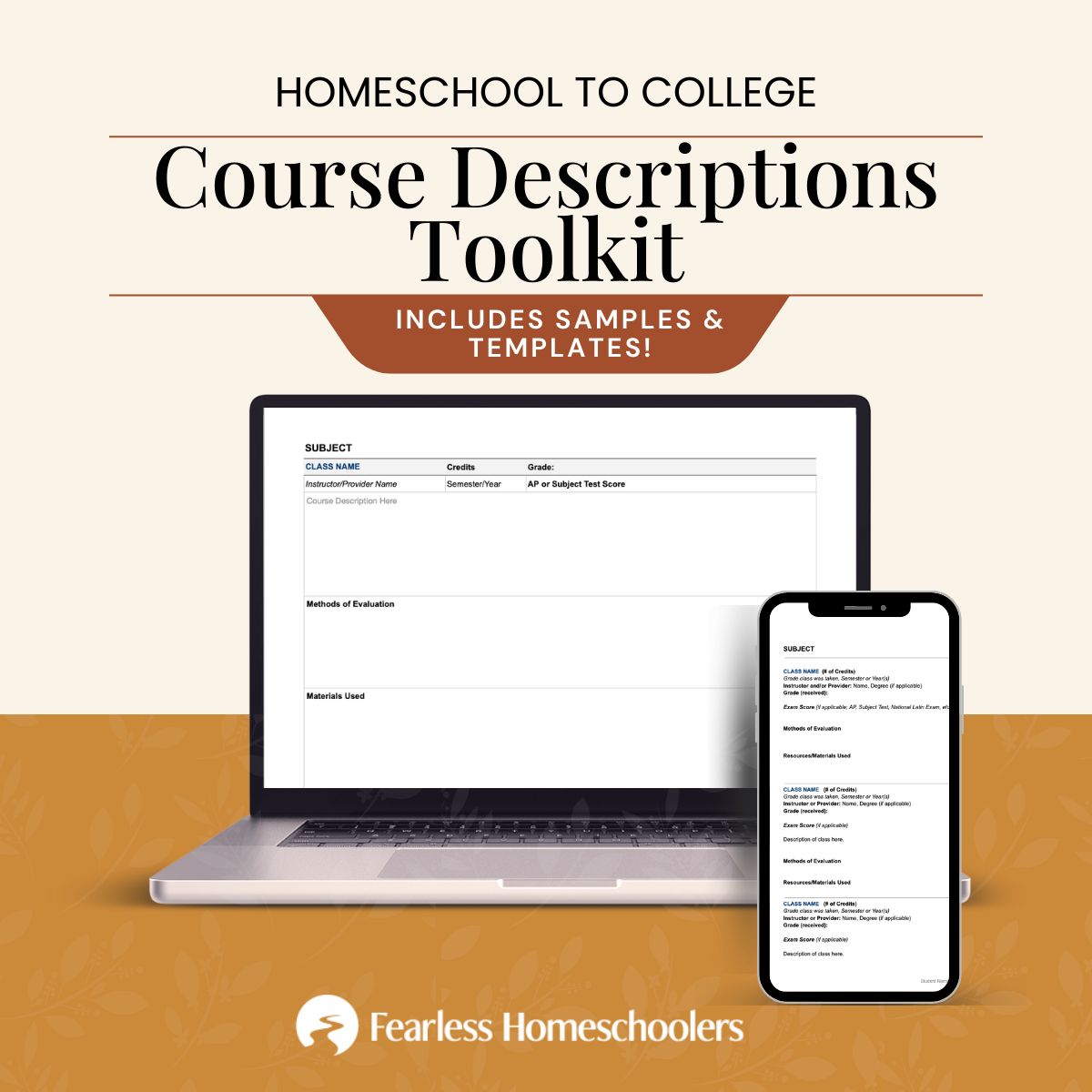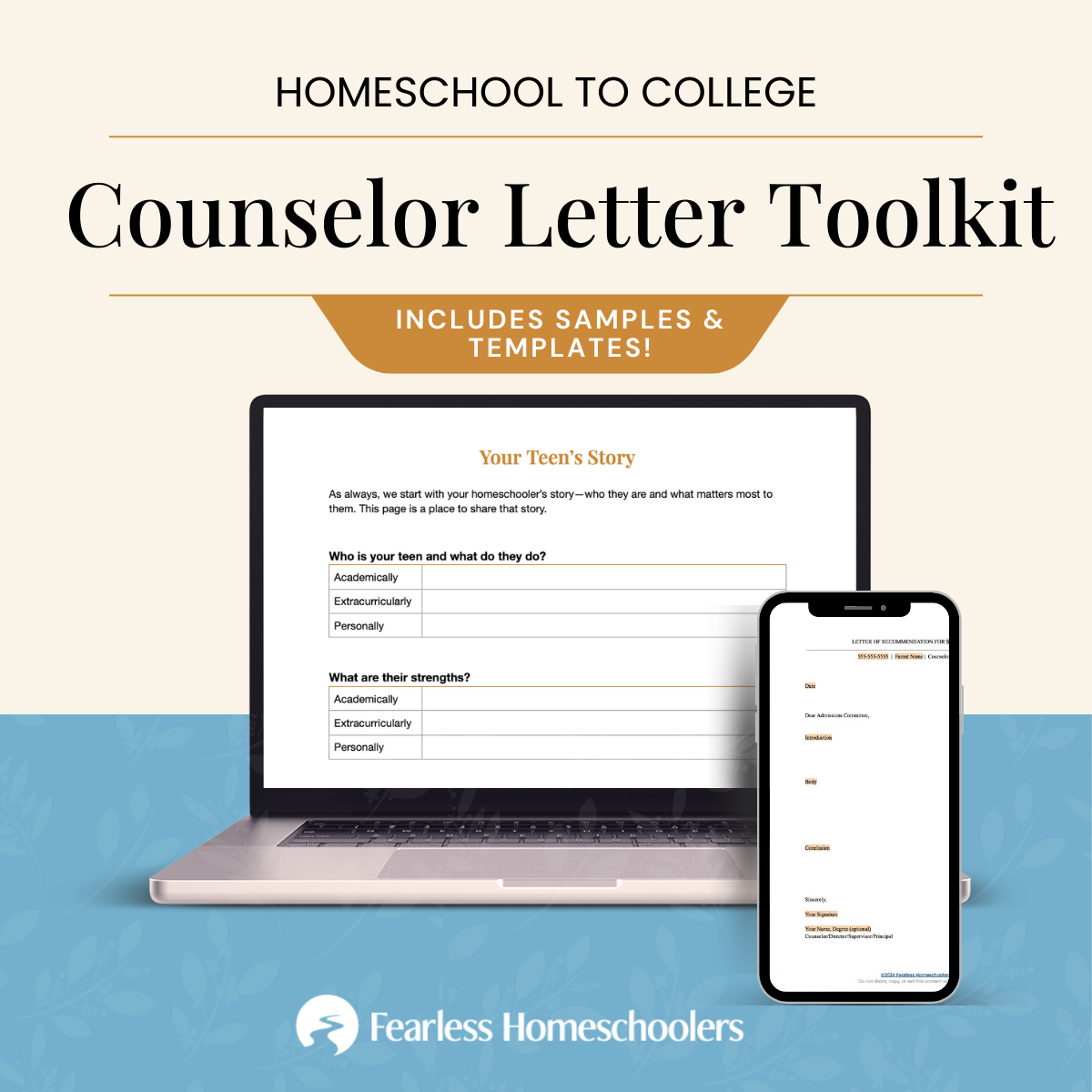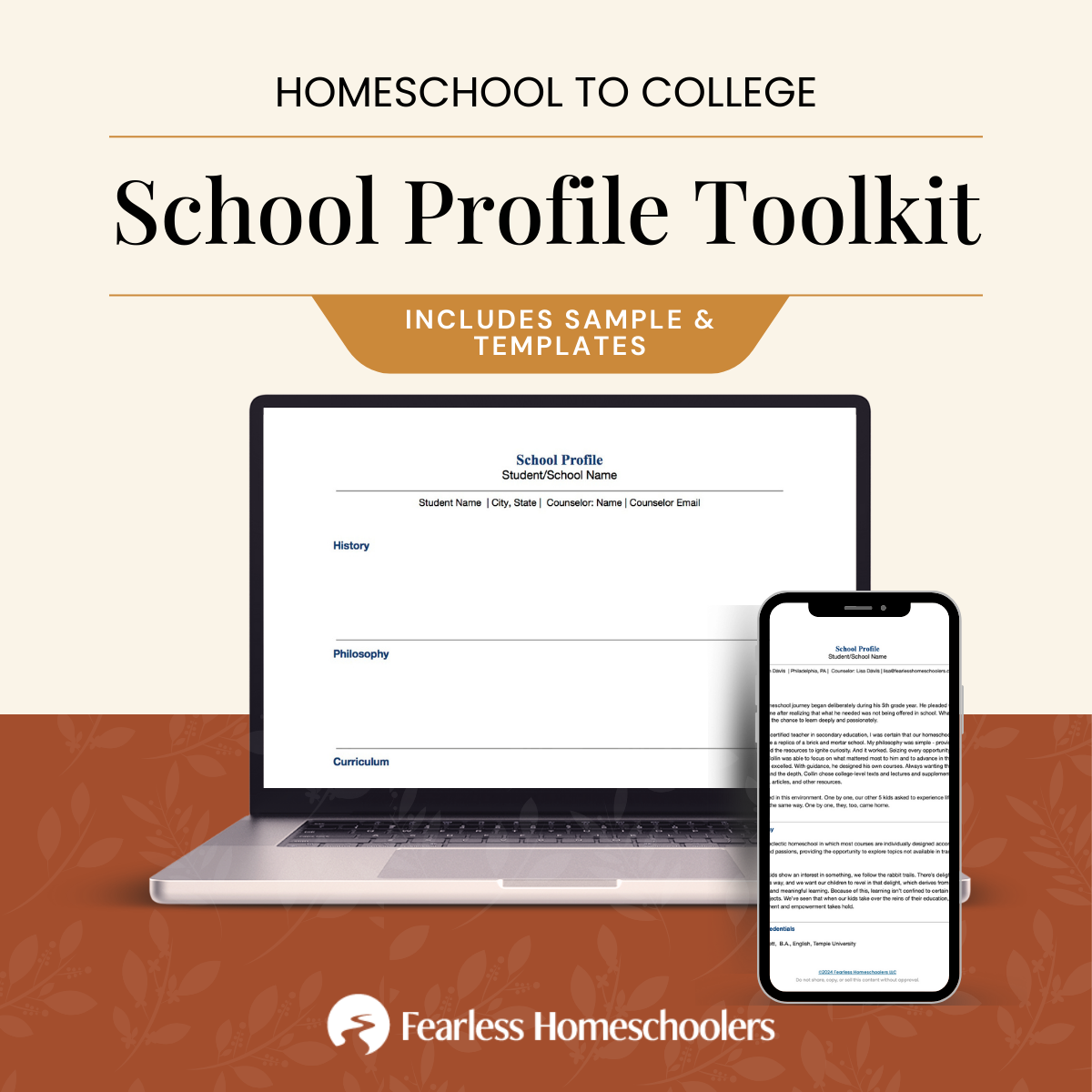How to Find Intellectual Peers for Your Gifted Homeschooler
I’ve had the pleasure of engaging in some really thoughtful conversations with my sons lately. We’ve discussed learning, creativity, curiosity, motivation, and authenticity.
As gifted kids who resisted traditional education at an early age, they have a unique view on who they are as learners and human beings. They have looked back on their high school years with a keen and perceptive eye, appreciating some things, regretting other things, and holding on to ideals that are unshakeable parts of their personalities.

Gifted homeschoolers often crave deep connection.
They learned much in isolation. Their passions, their self-directedness, their insatiable need to absorb profound ideas and knowledge manifested in absolute joy.
However, as a Mom, it was sometimes concerning. My oldest spent hours on the computer, programming, designing websites for his clients, hacking the PS3 to run linux on it. My other son couldn’t get enough of theoretical physics, maths, and philosophy. Each had journals and journals piled high beside their beds, filled with questions and answers, ideas and thoughts.
Their minds racing, they tried to keep up by reading and absorbing all they could for hours and hours a day.
It’s easily said that homeschooling was the best option for my boys. But, as gifted kids, they always seemed to be alone — in their heads, with their ideas and their plans and their questions. They had to dull who they were in most social situations.
Yes, they were busy with travel soccer and baseball and volleyball. They hosted events with members of various organizations with which they were involved. They took university courses and traveled the world.
They weren’t alone.
And yet they were.
If you have a gifted child, especially an older one who is homeschooling, you can appreciate this conundrum.
Because what a gifted teen craves — more than anything — is to share their enthusiasm with others who can get fired up about the same thing.
It’s hard to find.
But it’s imperative that you try.
Gifted kids crave it. Need it. Thrive on it.
If you have a gifted homeschooler, understand how important it is to their emotional and intellectual well-being.
The following is a list of ideas that may help you find those intellectual peers for your homeschooler. Please, please, please share any additional ideas that you may have.
And remember, giftedness is for life. This struggle will likely follow them.
1. Online Courses
There is a wide variety of online courses available — some of excellent quality; some a waste of money. Choose carefully. Do your homework. Find a course with an outstanding instructor who will challenge your homeschooler to think critically about the deep nuances of a subject.
2. University Courses
I am not talking about dual enrollment at community colleges. I am talking about universities that may allow your student to take courses in an environment filled with engaged students. Do you know a professor? Do you know a university employee or student who may go to bat for your kid? Ask if they would be willing to let them audit classes.
3. Research
Once again, think about your child and their interests. Encourage them to forge relationships with professors by emailing with questions. If they are already taking university classes, seek out research opportunities there. Or you could go the shameless route and ask on your social media account!
4. Summer Programs
This is one area my son wished we pursued. Many summer programs, like TIP or CTY, cost thousands of dollars. I didn’t even consider the option. I should have at least applied for financial aid. Maybe I would have been pleasantly surprised. We did pursue the more exclusive, free summer programs with much success, academically and socially.
Related: How to Do the College Search When Your Homeschooler is Looking for Utopia
5. Competitions and Contests
There seems to be a competitive platform for hundreds of topics, from linguistics to music to physics. Search online. Find local groups or start one of your own.
6. Tutor
Can you find a qualified and passionate tutor for your homeschooler’s courses? A regular tutor who inspires and engages and challenges? I wouldn’t recommend that you google tutoring agencies. Get a personal recommendation. Ask universities. Make sure it is a good match before you commit. Remember that Skype is always a wonderful option!
7. Mentors
Similar to finding a great tutor, finding a mentor is invaluable for a gifted student with a specific passion. Networking is key to finding a mentor. In my experience, students tend to be proactive when doing their independent research. Encourage them to reach out to influencers a bit more and engage in meaningful relationships.
8. Online Forums
My oldest gleaned much information and guidance and encouragement from adults in online forums. He found them on his own. It’s easy enough to google which online communities might be best for your homeschooler.
9. Events
Attend hackathons, lectures, conferences, Meetups, club meetings, TEDx events. I have done all of these with my kids. I regularly checked local colleges for lectures and the city library for talks. Most of my sons’ interactions were with adults and that was a-okay with them and me. Sound familiar?
10. Start your own Meetup or Online Forum or Club or Organization or Co-op
Maybe this is a little out of your homeschooler’s comfort zone (and yours), but the rewards will be well worth it!
11. Start a Youtube Channel
This is a great way to create a community of like-minded thinkers. My son even makes money doing it!
12. You. The parent.
Sometimes you need to go the extra mile. Literally.
I regularly drove an hour to the most active astronomy club in the area. You know, where my son was the only kid. I drove hours to Rubik’s Cube tournaments. Then stayed overnight in hotels. I listened to their beloved podcasts and to their ideas. I taught myself — as much as I could — about quantum mechanics and javascript. I read their recommended books and the latest articles on the topics they loved.
I did it for them. And I did it for me. While I may not have been a true intellectual peer, sometimes I was the best they got. And I think they appreciated the valiant effort!
🫶 Come Hang Out With Us!
Trying to make sense of all this college stuff as a homeschooler? You’re not alone. The Fearless Homeschoolers Facebook Group is full of families on the same path. Join us. I think you’ll feel right at home.






